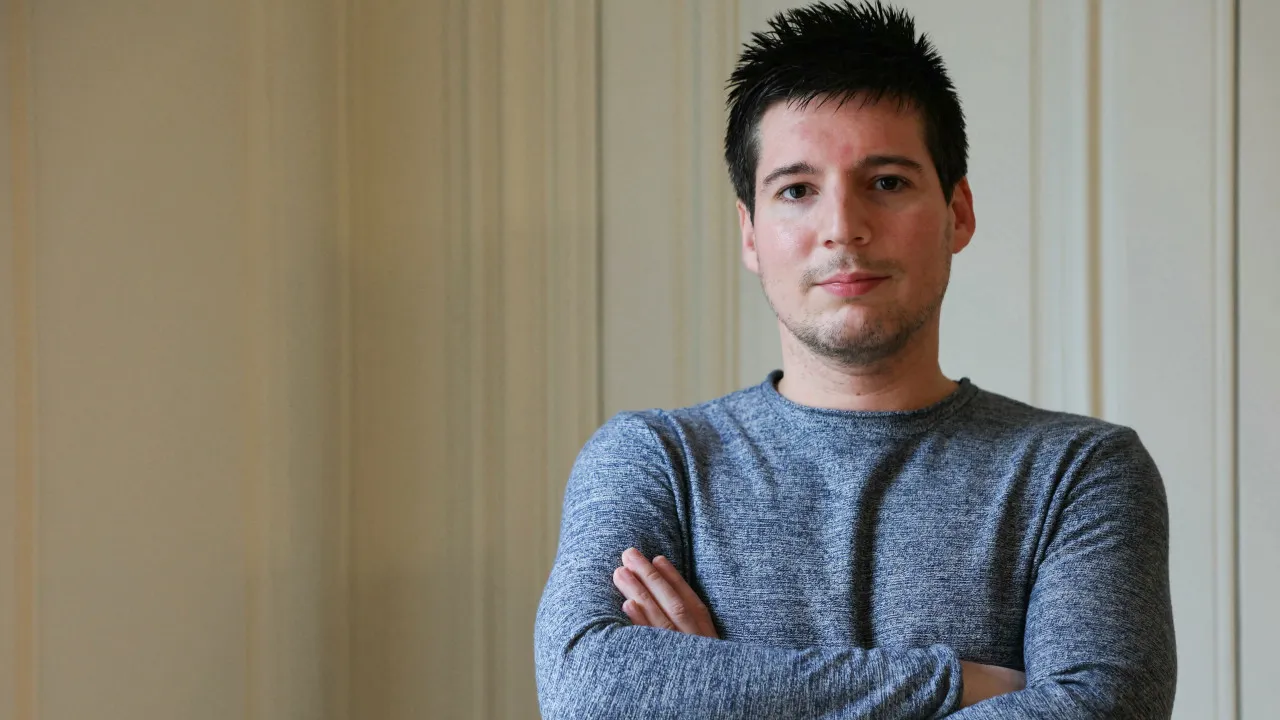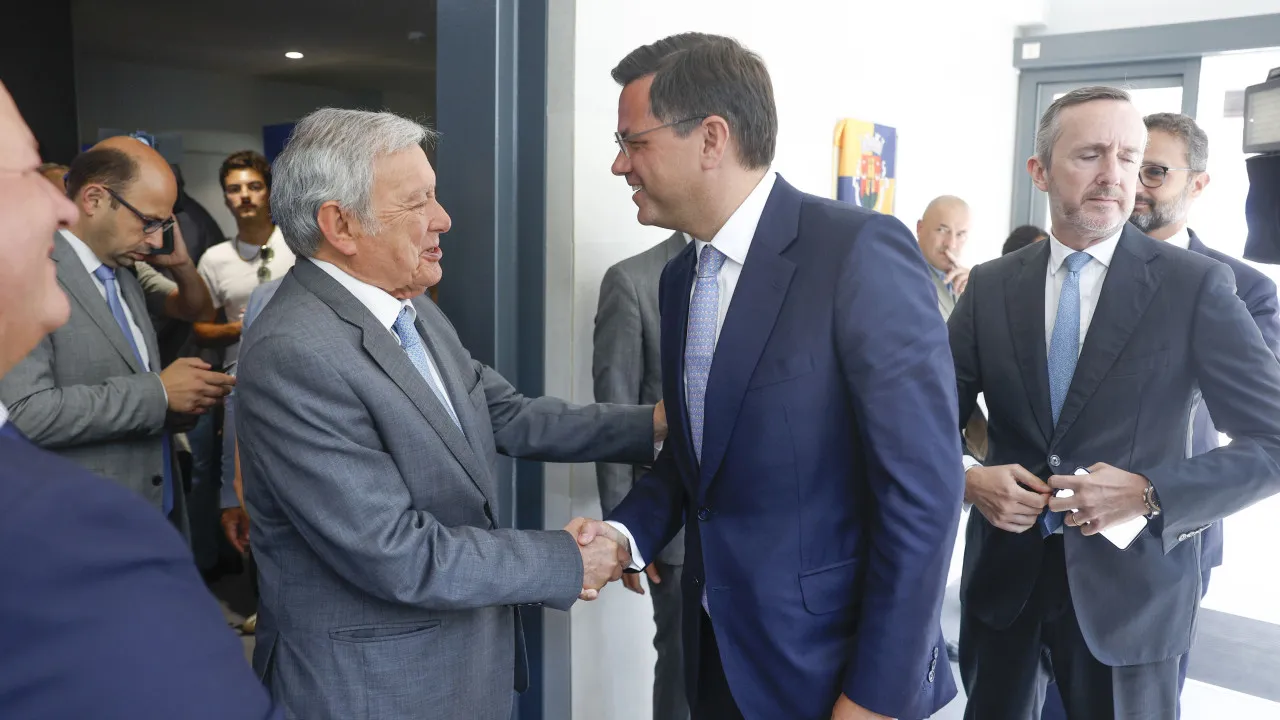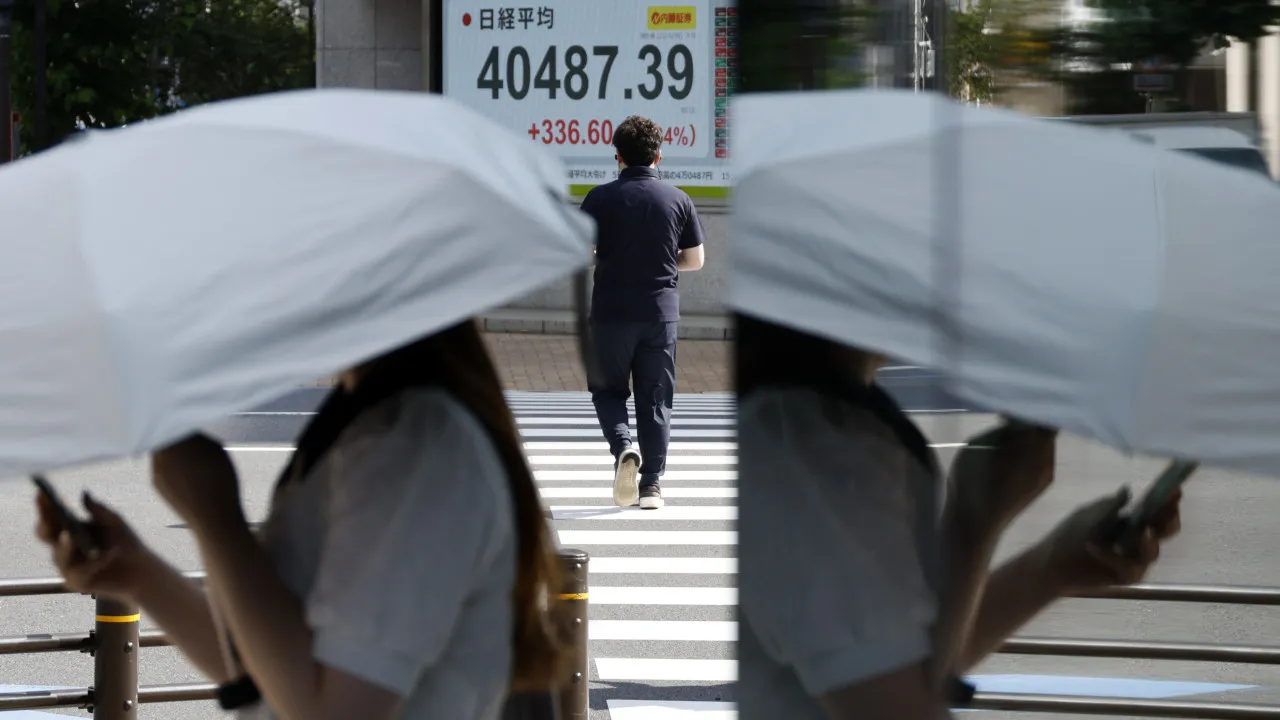
The Central Criminal Court of Lisbon held a session today focusing on final allegations concerning the case involving Benfica, Benfica SAD, and Benfica Estádio, following accusations against former club president Luís Filipe Vieira.
“The defendant is practically a repeat offender, demonstrated no confession of the facts, and showed minimal remorse. These actions reveal a personality opposed to societal norms and rules, with a frivolous motivation and a range of targets. Considering all this, is it fair to impose a penalty for more than a hundred crimes closer to one year than the maximum limit of 25 years?” questioned Rui Costa Pereira, Benfica’s legal representative during his statement.
Accusing Rui Pinto of seeking “the best of both worlds” and “blinding the court” with professed intentions to cooperate with justice, yet remaining silent and refusing to address the “victims of his crimes,” Benfica’s lawyer argued that the defendant “sought to reinvent” the concept of whistleblower and lamented the ambiguity over which cases he had assisted.
“Rui Pinto embodies a vigilante, not a whistleblower. He deserves heightened protection due to his professional closeness to sources of information he discloses. He allegedly attempted to extort one of the victims and hastily organized a scheme to conceal his motives,” the lawyer elaborated, noting the defendant’s attempts to evade accountability.
Hence, Benfica sought compensation for “non-property damages caused by Rui Pinto’s criminal conduct,” since the club “enjoys prestige and reputation that extend beyond borders.”
“It is evident that the defendant’s actions harmed these values, as they compromised the integrity and security of information. This led to insecurity, incredibility, distrust, and uncertainty. Regardless of system security or trust in responsible individuals, no person or institution can assume this couldn’t happen again,” he emphasized.
Representing Benfica SAD and Benfica Estádio, lawyer David Silva Ramalho concurred with the allegations, underlining what he perceives as incongruities in Rui Pinto’s arguments, who “does not have a credible story” and appeared in court already sentenced to four years in prison, with a suspended sentence.
“The defendant has been amnestied of several crimes, had processes suspended, and now there’s a suggestion for the sentence to be limited to five years. A hacker was previously sentenced to six years for 28 computer crimes. The defendant committed roughly 500 crimes, is being tried for over 200, and, if convicted, should not receive less than five years,” the lawyer further highlighted.
Marisa Falcão, representing Luís Filipe Vieira, Benfica’s president at the time, emphasized that Rui Pinto “did not dare to argue, during the trial, the whistleblower thesis,” and that the “words in the contest” should be disregarded because “they did not originate from the defendant” and “hold no evidentiary value.”
“Luís Filipe Vieira felt responsible for managing the damages and was deeply troubled for months by the consequences. It generated immense distrust among everyone, and the leakage of secrets affected Benfica’s partnerships. It also had consequences in his personal life. His wife was harassed on the street, and he spent almost a year in Seixal for respite,” she reinforced.
Rui Pinto is on trial for a total of 241 crimes: 201 of qualified illegal access, 22 of aggravated violation of correspondence, and 18 of computer damage.




